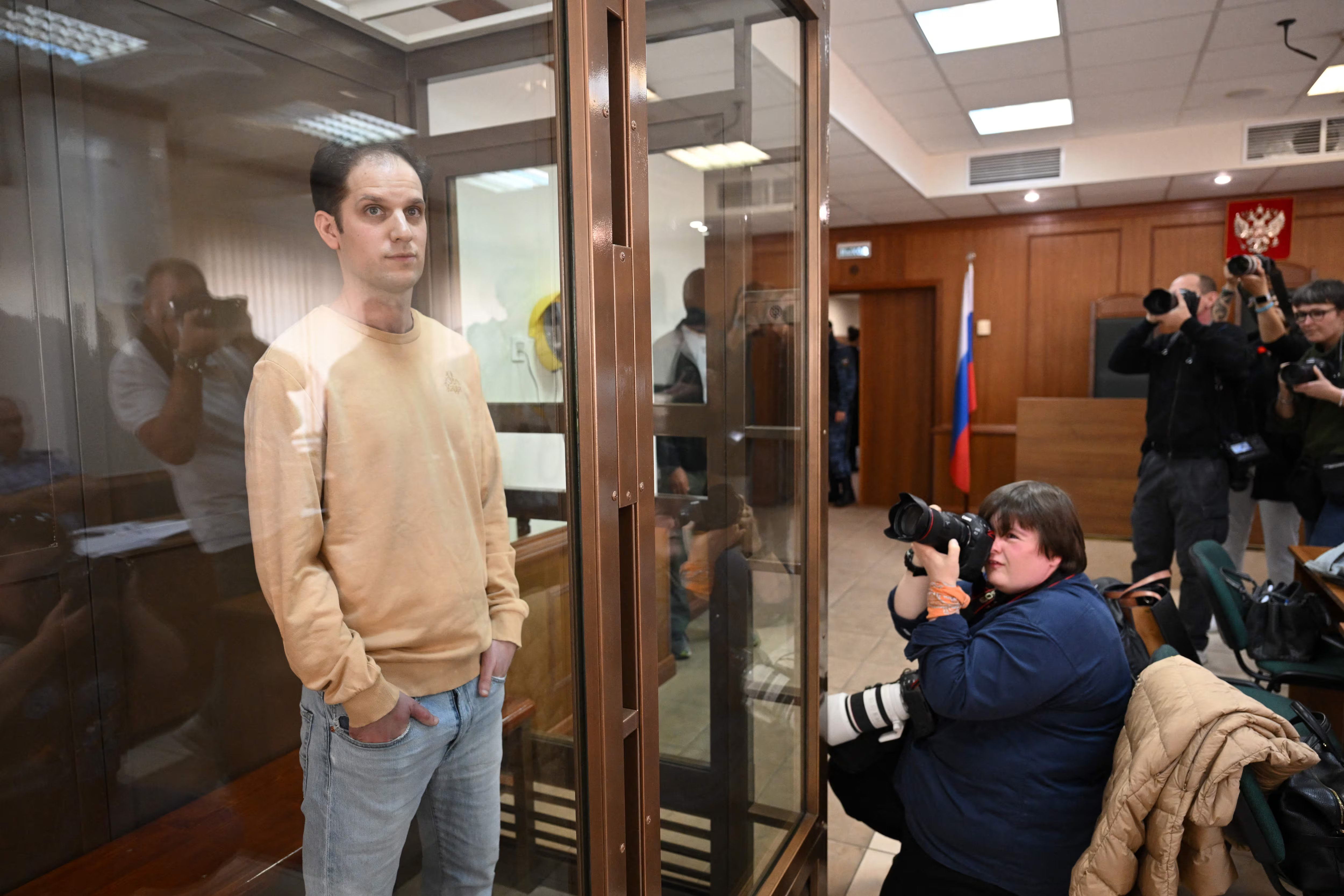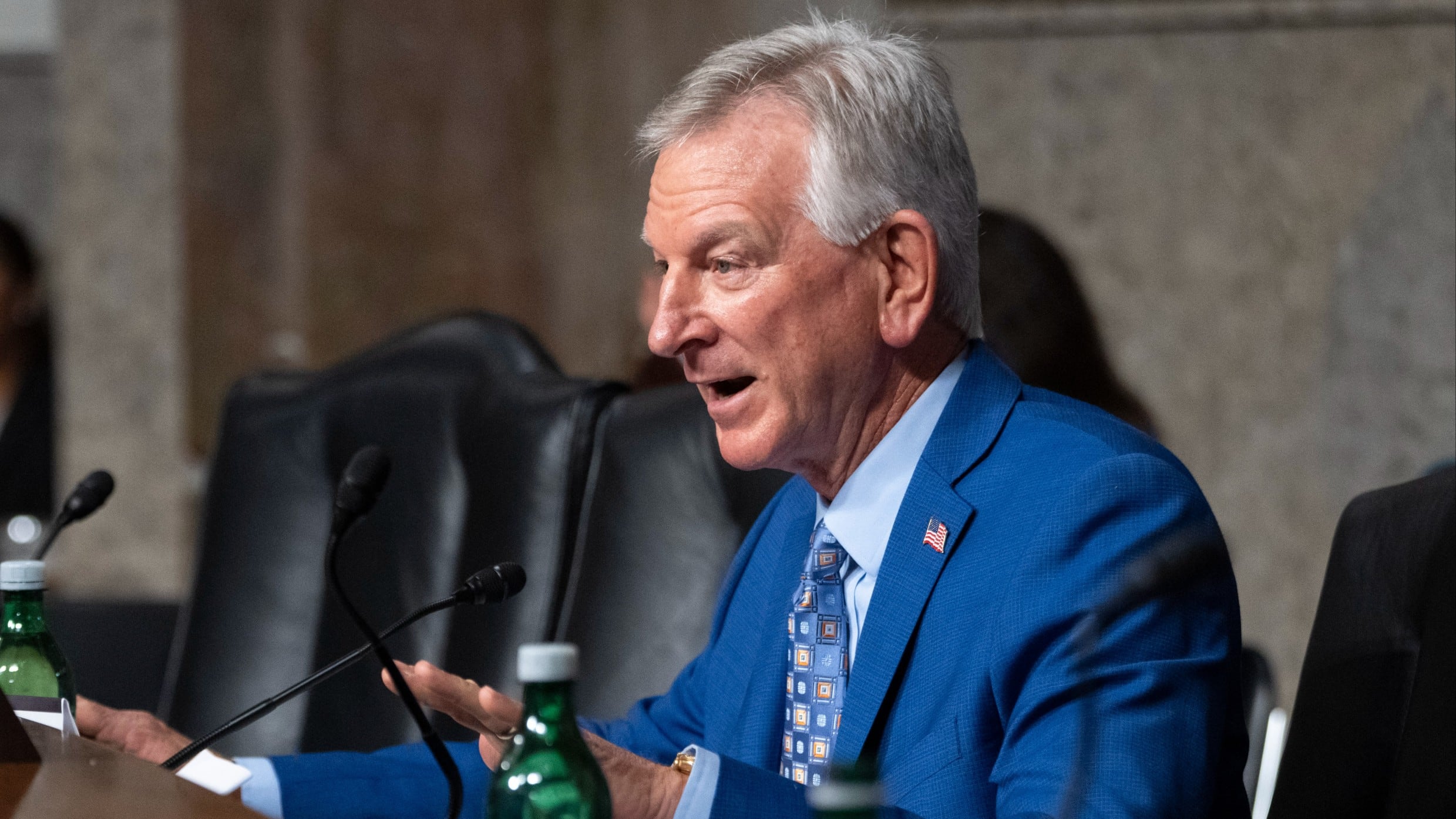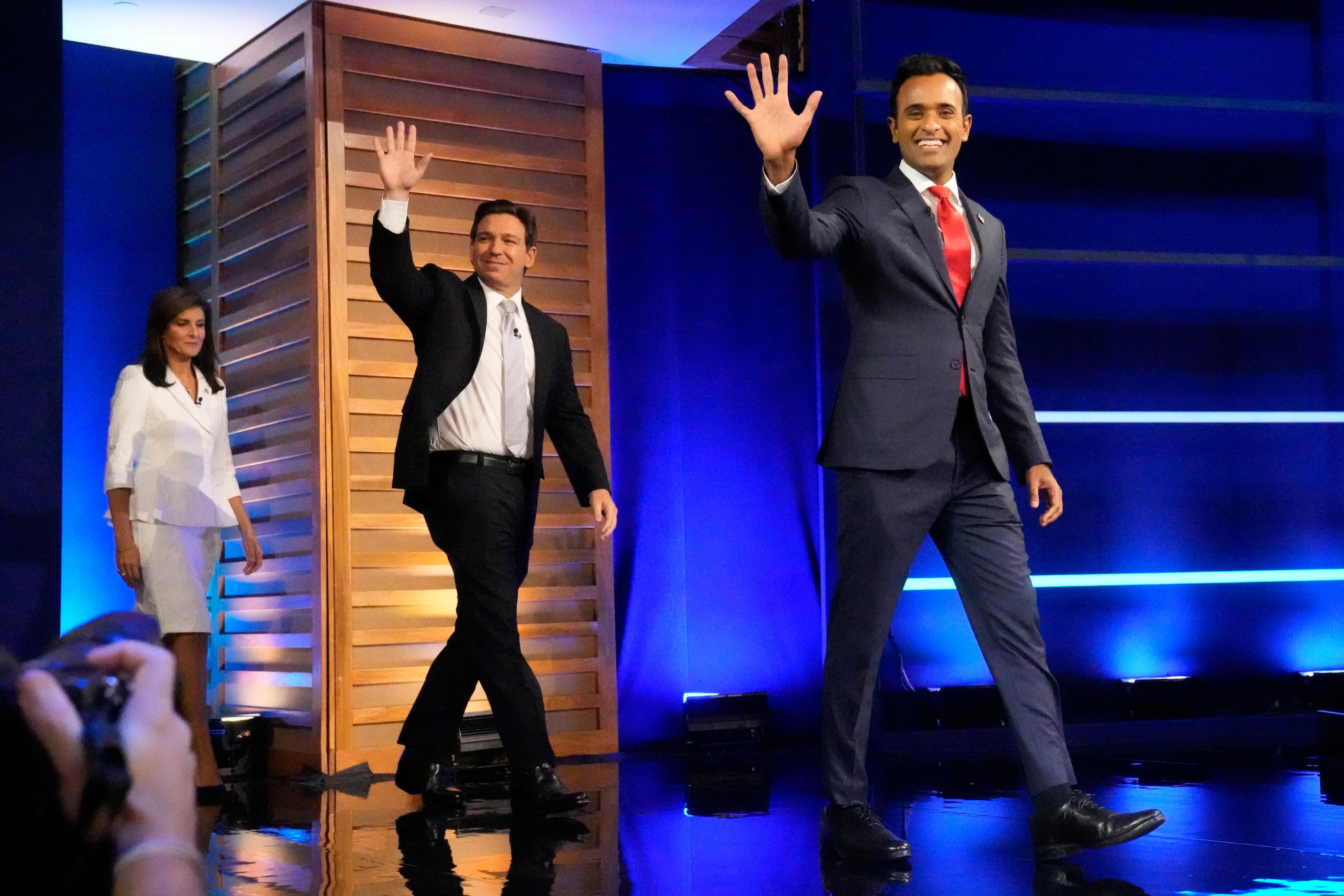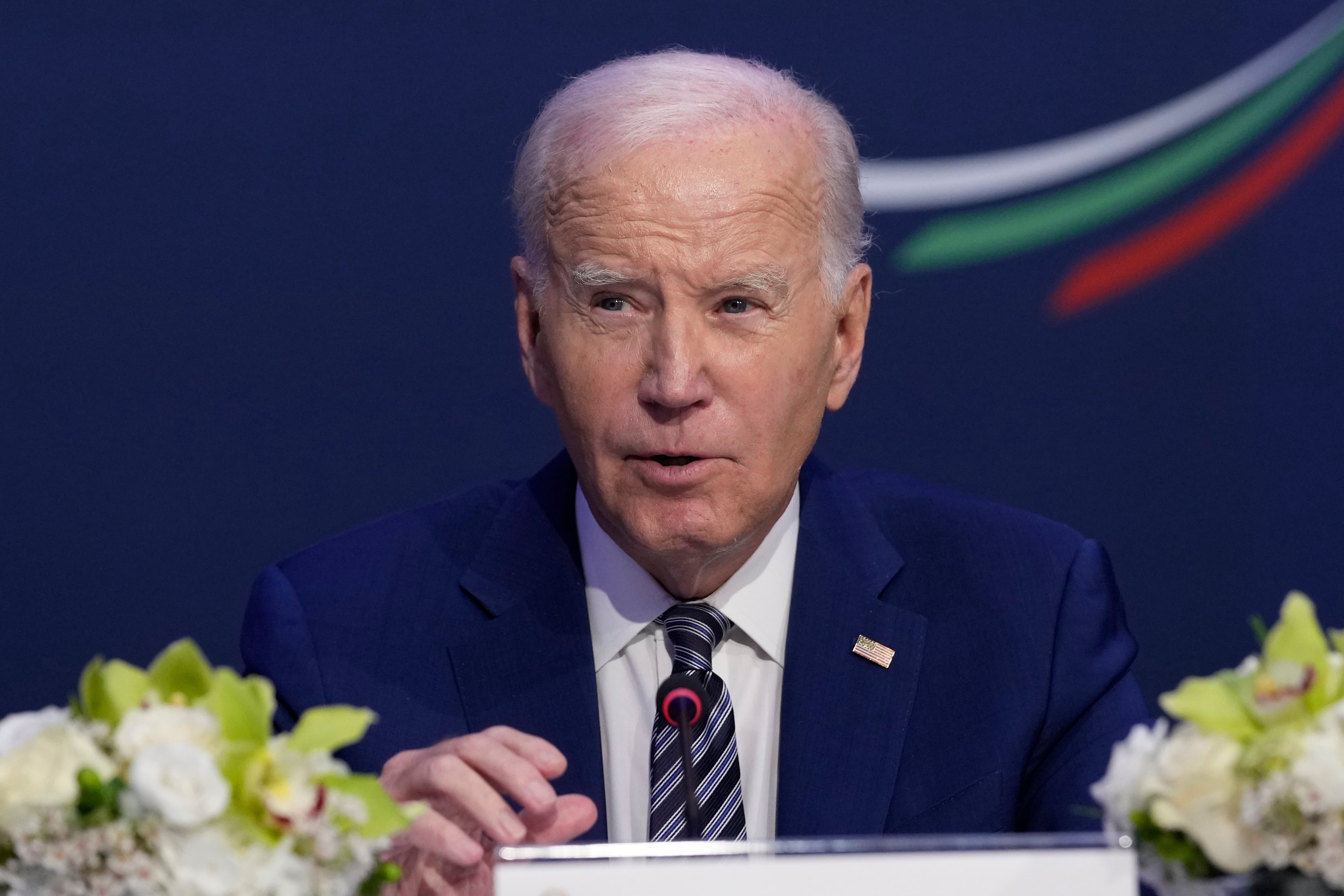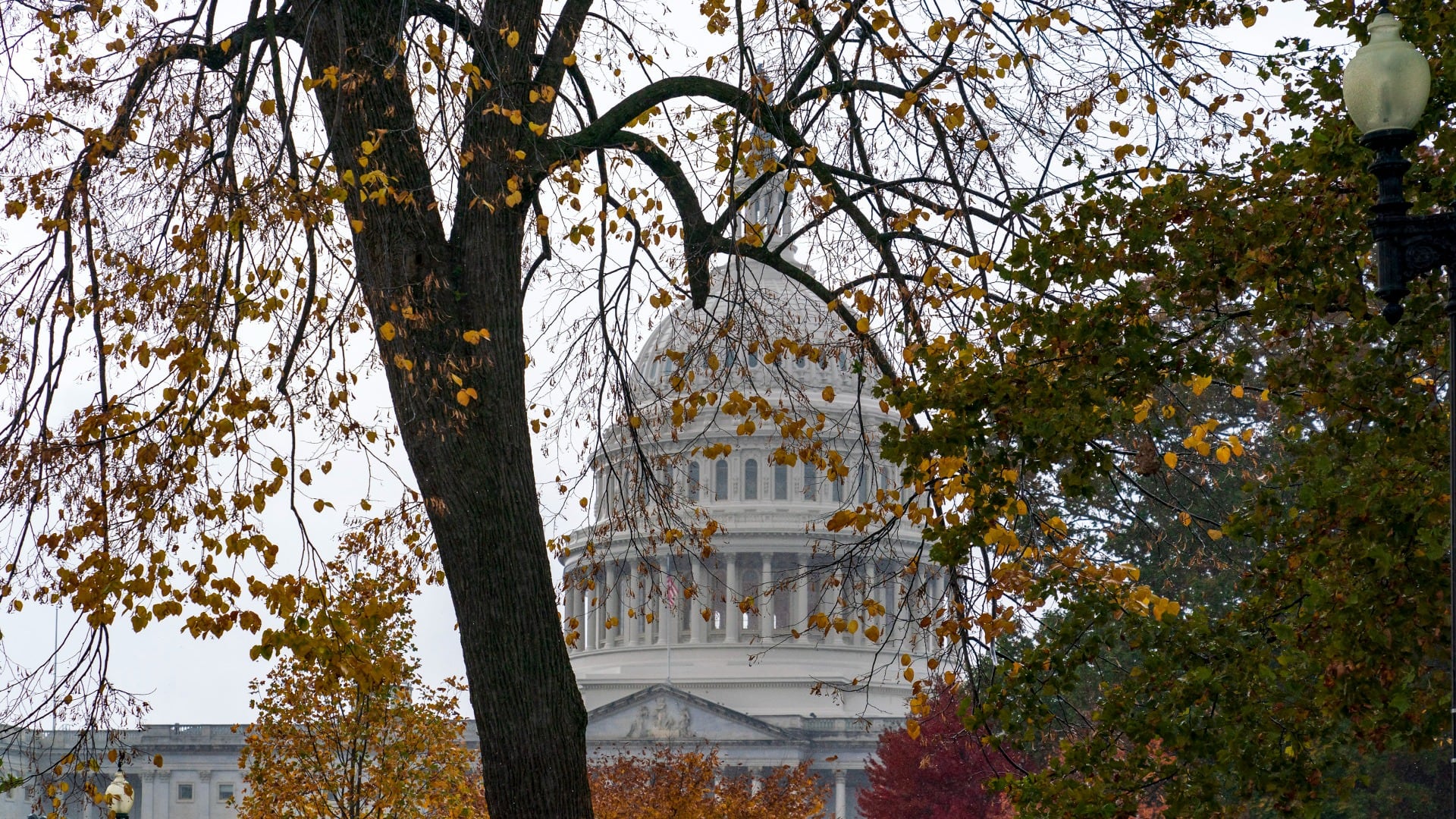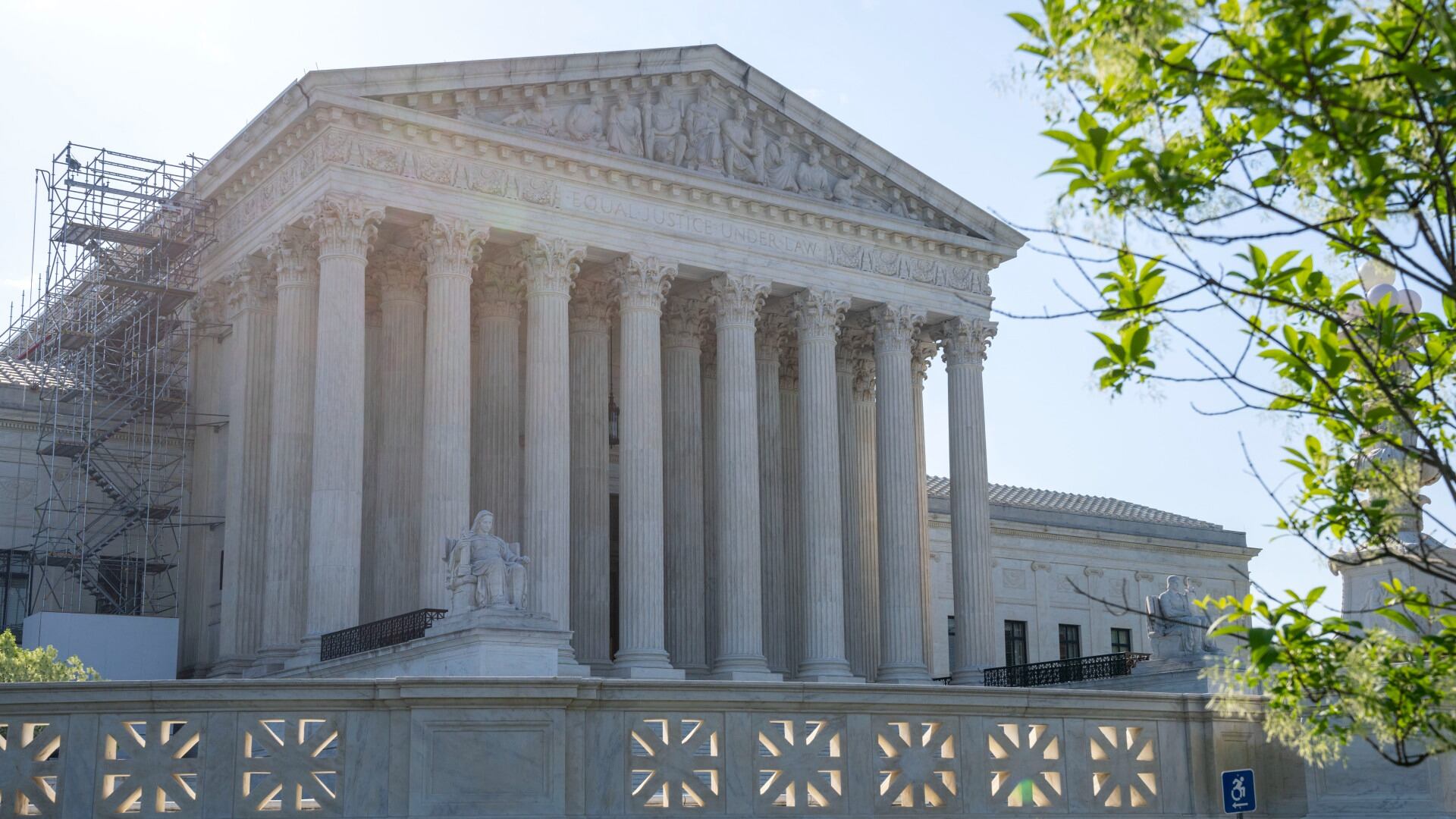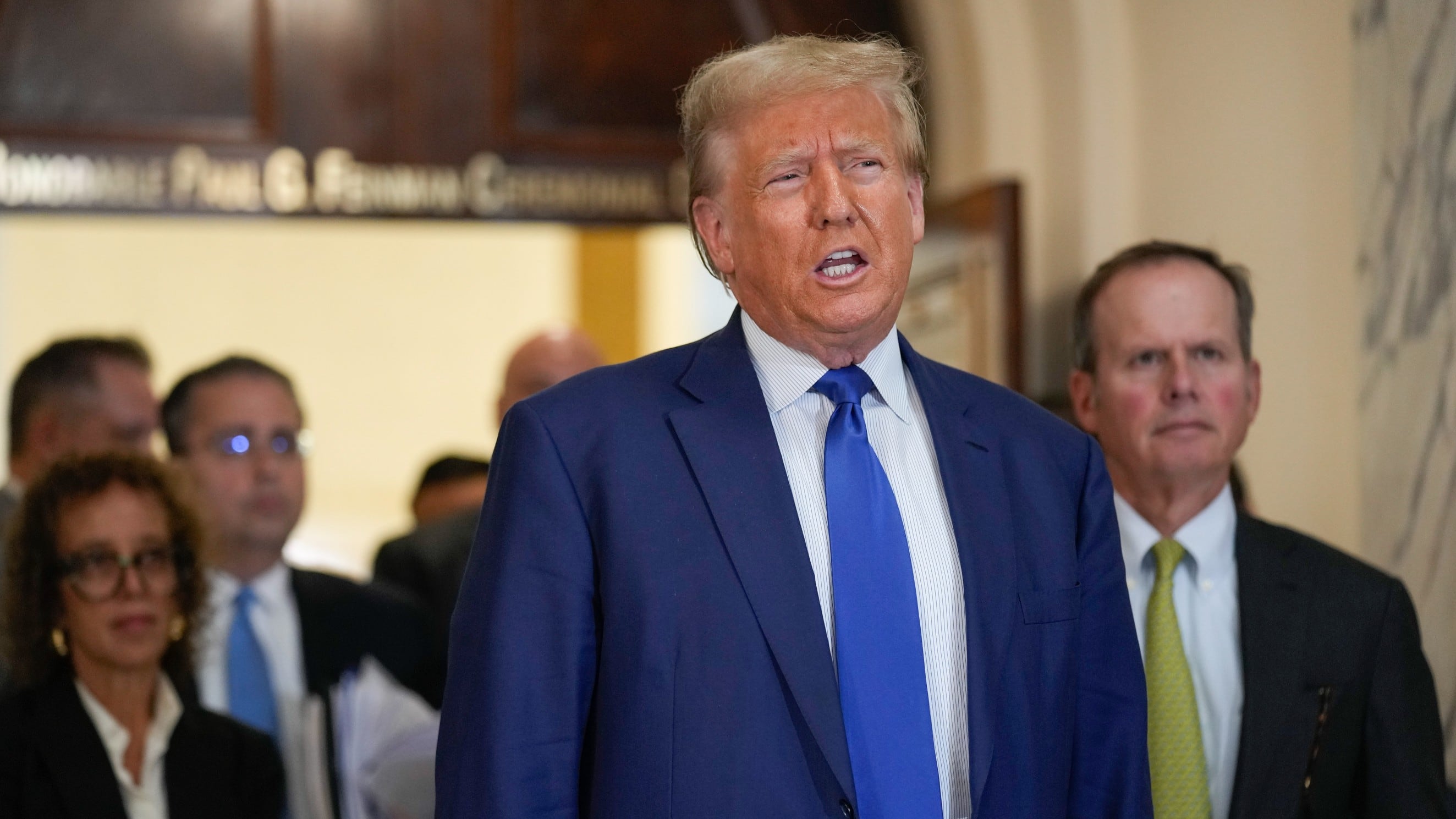The Supreme Court on Monday upheld a 1991 law that bars robocalls to cellphones.
The case, argued by telephone in May because of the coronavirus pandemic, only arose after Congress in 2015 created an exception in the law that allowed the automated calls for collection of government debt.
Political consultants and pollsters were among those who asked the Supreme Court to strike down the entire 1991 law that bars them from making robocalls to cellphones as a violation of their free speech rights under the Constitution. The issue was whether, by allowing one kind of speech but not others, the exception made the whole law unconstitutional.
Six justices agreed that by allowing debt collection calls to cellphones Congress "impermissibly favored debt-collection speech over political and other speech, in violation of the First Amendment," Justice Brett Kavanaugh wrote. And seven justices agreed that the 2015 exception should be stricken from the law.
"Americans passionately disagree about many things. But they are largely united in their disdain for robocalls," Kavanaugh noted at the outset of his opinion.
During arguments in the case in May, Justice Stephen Breyer got cut off when someone tried calling him. Breyer said after he rejoined the court's arguments: "The telephone started to ring, and it cut me off the call and I don't think it was a robocall."
The State Department said Tuesday that Russia rejected its proposed offer to release detained Americans Paul Whelan and Evan Gershkovich.
The Justice Department has announced war crime charges against four Russian nationals in connection with the invasion of Ukraine.
Iran said it sent a capsule that is capable of carrying animals into space.
The Senate has confirmed the promotions of hundreds of military officers after Republican Senator Tommy Tuberville dropped his months-long hold over the process.
Four candidates will face off tonight in the latest Republican presidential primary debate. Columnist and political analyst Jonathan Harris joined Cheddar News to break down tonight's event.
House Republicans are expected to vote next week to formalize the impeachment inquiry into President Joe Biden.
The Senate in a single stroke has approved about 425 military promotions after Sen. Tommy Tuberville of Alabama ended a monthslong blockade of nominations over a Pentagon abortion policy.
The presidents of three U.S. colleges and universities are testifying before a House Committee on their handling of anti-Semitic incidents after Hamas' attack in Israel in October.
The Supreme Court on Tuesday dismissed a case surrounding a Maine hotel that could have made it harder for people with disabilities to learn in advance whether a hotel's accommodations meet their needs.
Attorneys for former president Donald Trump missed their chance Monday to pause the gag order against their client in his civil fraud trial in New York.

